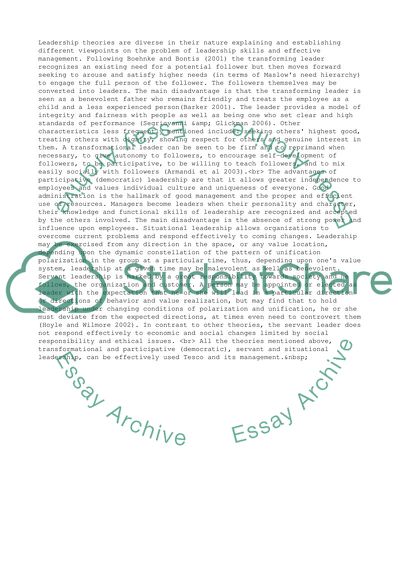Cite this document
(Application of Management Theory and Leadership Skills in Practice Essay, n.d.)
Application of Management Theory and Leadership Skills in Practice Essay. Retrieved from https://studentshare.org/management/1534285-leadership-skills-in-practice
Application of Management Theory and Leadership Skills in Practice Essay. Retrieved from https://studentshare.org/management/1534285-leadership-skills-in-practice
(Application of Management Theory and Leadership Skills in Practice Essay)
Application of Management Theory and Leadership Skills in Practice Essay. https://studentshare.org/management/1534285-leadership-skills-in-practice.
Application of Management Theory and Leadership Skills in Practice Essay. https://studentshare.org/management/1534285-leadership-skills-in-practice.
“Application of Management Theory and Leadership Skills in Practice Essay”, n.d. https://studentshare.org/management/1534285-leadership-skills-in-practice.


